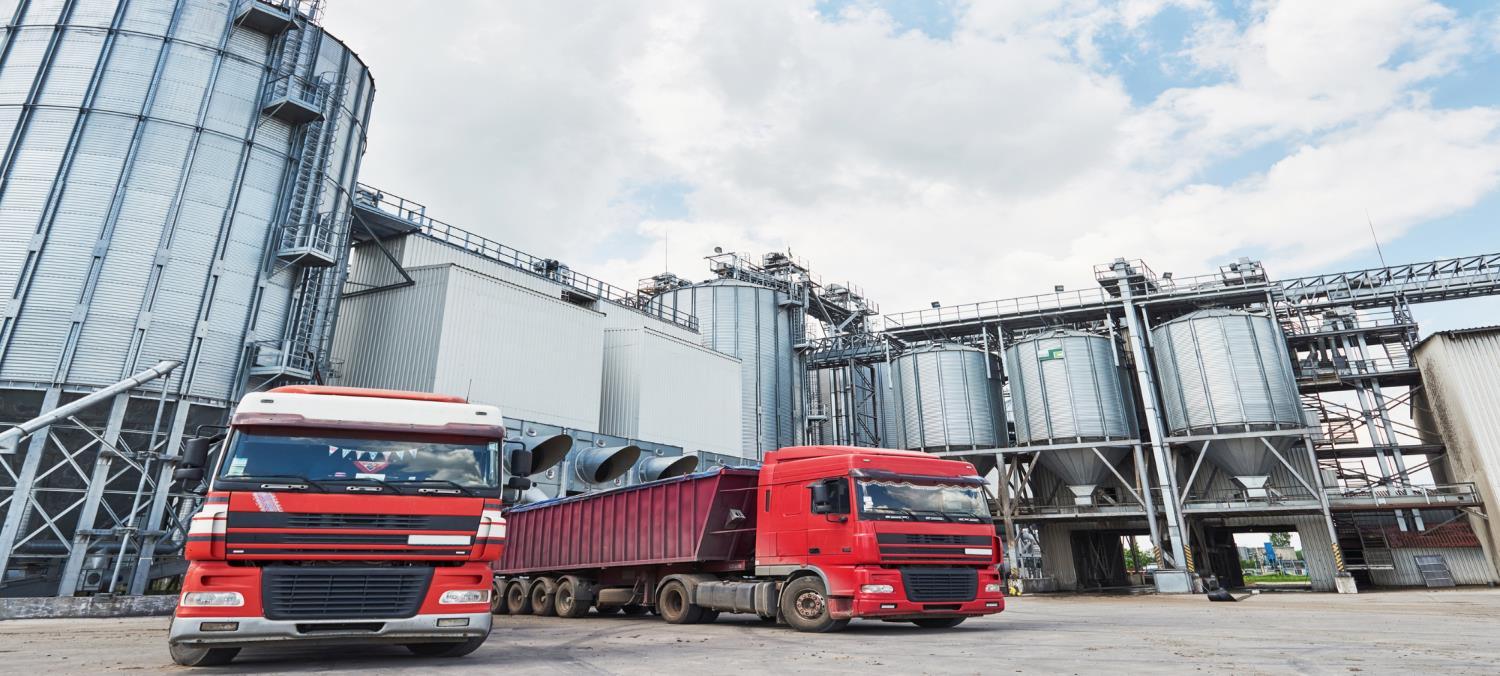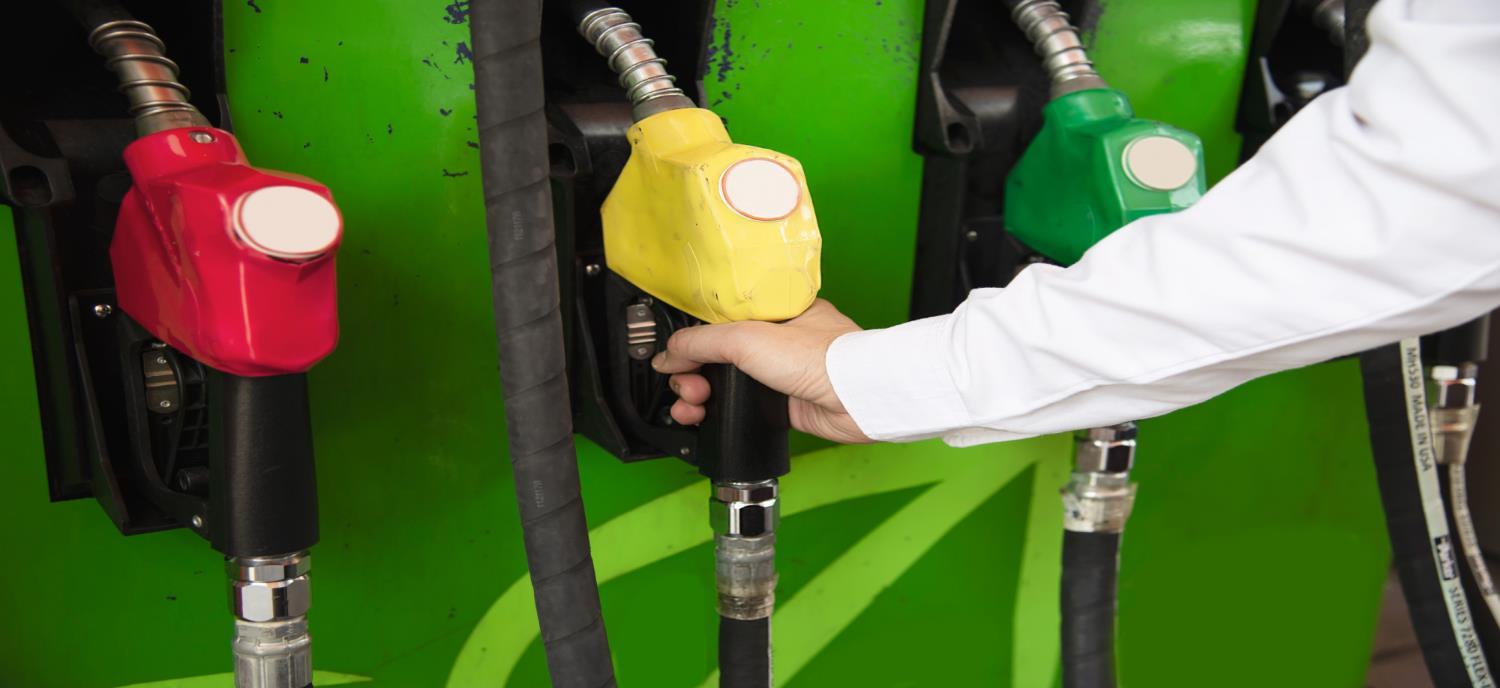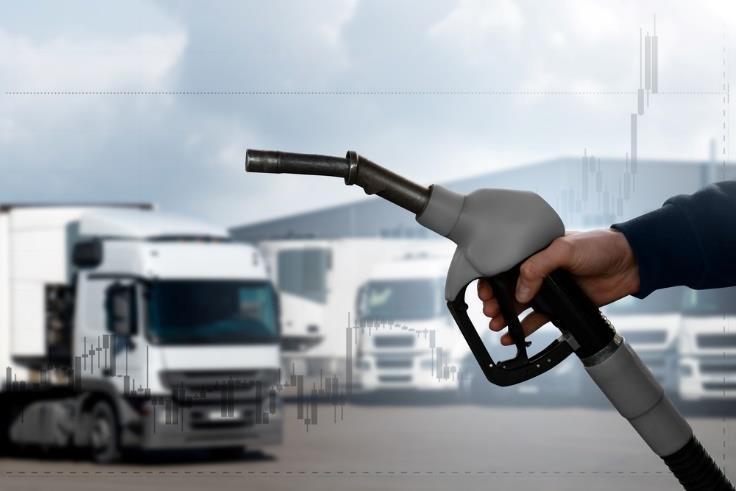







Before understanding the role of a fuel supplier, it’s important to recognize the risks fleets commonly face:
Supply disruptions that stall vehicles and affect delivery schedules.
Fuel quality issues that damage engines and increase maintenance costs.
Price volatility that disrupts budgets and financial planning.
Regulatory compliance gaps that expose fleets to fines and reputational harm.
Operational inefficiencies caused by inconsistent logistics or vendor performance.
Each of these risks has the potential to cause significant downtime and financial strain. This is why strategic planning and dependable fuel suppliers are crucial for success.

1. Strengthening Supply Reliability
The most immediate risk to any fleet is an interruption in fuel supply. Fuel suppliers invest in robust logistics, multiple distribution points, and contingency planning. This ensures deliveries are timely and uninterrupted, even during market disruptions or unexpected events. For businesses that rely on time-sensitive deliveries, this reliability is a competitive advantage.



Low-quality fuel can cause engine deposits, reduce efficiency, and lead to breakdowns. A trusted supplier ensures strict quality controls, delivering clean and consistent fuel that protects equipment. Whether a fleet occasionally partnering with an oil supplier for lubricants or a diesel supplier for heavy-duty operations, consistency in product standards lowers long-term risks.
Fuel is one of the largest operating costs for fleets. Sudden price fluctuations can disrupt budgets. A strategic supplier provides flexible pricing models, bulk purchase options, and long-term contracts that protect businesses from volatility. This financial predictability allows managers to allocate resources more effectively.
Governments enforce strict environmental and safety standards around fuels. A reliable partner ensures every delivery complies with regulations, reducing exposure to fines or penalties. For companies that occasionally source from a gasoline supplier or work with a reliable gas company for specific needs, this compliance extends across multiple energy sources.
Beyond fuel delivery, strategic suppliers often provide value-added services like fuel monitoring, usage analytics, and fleet training. These insights help businesses identify inefficiencies, reduce waste, and optimize consumption. As a result, risks tied to poor fuel management are minimized.




Fleet operations rarely depend on fuel alone. Heavy vehicles may require lubricants from an oil supplier, urban fleets may purchase from a gasoline supplier, and certain industries depend on backup solutions provided by a trusted gas company
Partnering with a fuel supplier who understands these diverse needs offers several advantages:
Simplified procurement by consolidating multiple products under one trusted partner.
Consistent reliability across different energy sources.
Reduced vendor risk by avoiding dependence on multiple unknown suppliers.
An integrated approach ensures that risks are reduced not just in fuel delivery but across all related energy requirements.
When evaluating potential partners, fleet managers should look for:
Proven track record of reliability and industry experience.
Strong logistics network to handle deliveries across multiple locations.
Comprehensive product portfolio that may include options from an oil supplier, diesel supplier, or gasoline supplier.
Flexible pricing models that adapt to changing market conditions.
Commitment to compliance and adherence to environmental standards.




Consider a logistics company managing a nationwide fleet. Without a strategic fuel supplier, they might face:
Delays from inconsistent delivery schedules.
Higher costs due to fuel quality issues and frequent engine maintenance.
Budget unpredictability from fluctuating diesel and gasoline prices.
Now imagine the same fleet working with a strategic partner:
Bulk purchasing agreements stabilize costs.
Quality-controlled fuel reduces repair bills.
On-time deliveries keep customer satisfaction high.
Centralized reporting provides insights into fuel usage and efficiency.
This shift transforms fuel from a constant risk into a managed resource that drives competitive advantage. With a fuel supplier fleets gain reliability, including cost control, and long-term operational stability.
Some businesses view suppliers as transactional vendors, but the most successful fleets treat them as partners. A true strategic oil supplier works collaboratively, aligning their services with a fleet’s goals. Instead of simply delivering fuel, they become an ally who helps mitigate risks, improve efficiency, and sustain growth.
Long-term contracts often strengthen this partnership, providing peace of mind and allowing both sides to plan better for the future.




How does a fuel supplier reduce operating risks for fleets?
By ensuring reliable supply, consistent quality, stable pricing, and regulatory compliance, suppliers minimize risks like downtime, engine damage, and budget unpredictability.
Can an oil supplier or diesel supplier also act as a fuel supplier?
Yes. Reliable Oil company provides multiple products, including diesel, gasoline, and lubricants, simplifying procurement for fleets.
What role does a gasoline supplier play in fleet operations?
Gasoline suppliers ensure that light-duty or mixed fleets have reliable access to fuel, reducing downtime and supporting smooth operations.
How is a gas company different from a fuel supplier?
A gas company typically focuses on natural gas or propane, while a fuel supplier provides diesel, gasoline, and other liquid fuels. Many fleets use both depending on needs.
What should I look for in a fuel supplier?
Look for a partner with a strong logistics network, transparent pricing, compliance expertise, and the ability to provide additional energy products.




In today’s competitive environment, risks in fleet operations can quickly add up to major losses. Fuel suppliers play a vital role in reducing these risks through reliable deliveries, consistent quality, financial stability, and compliance support. When this partnership extends to include services from an oil supplier, diesel supplier, gasoline supplier, or even a gas company, fleets gain an integrated energy partner who reduces risks across the board.
Ultimately, reliability and strategy are what separate ordinary gas company or gasoline suppliers from trustworthy gasoline supplier. By choosing wisely, fleets not only protect themselves from risks but also set the stage for efficiency, resilience, and long-term success.




